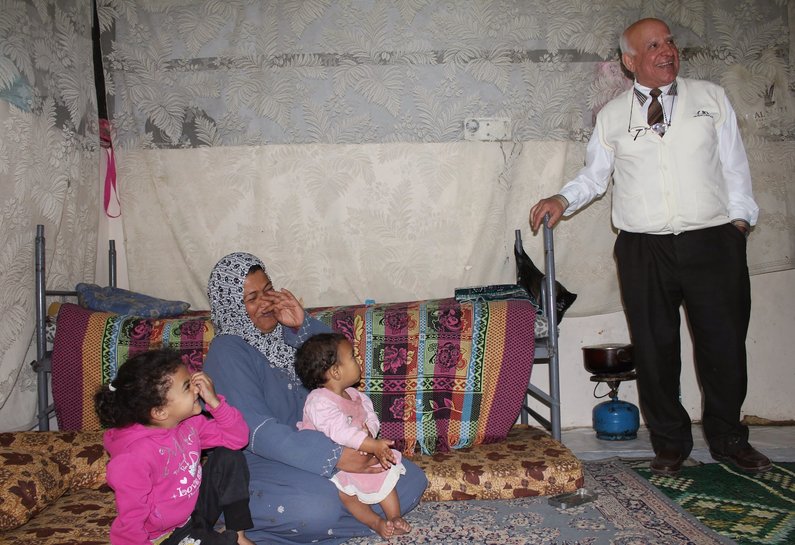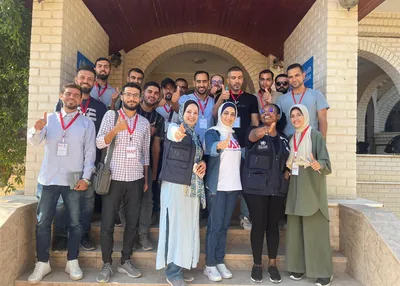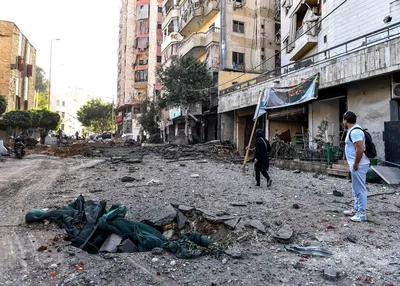Nakba 70: Dr Ali Dakwar, MAP's Director of Programes in Lebanon

Here, MAP’s Director of Programmes in Lebanon, Dr Ali Dakwar, describes his life as a Palestinian refugee in Lebanon, and why he works for the health and dignity of Palestinians with MAP:
To live as a refugee outside your homeland for 70 years without foreseen solutions and civil and social rights in the country you reside in is not easy.
In 1948, when I was two years old, my family was forced to flee our village in Palestine, Qaddita, in the Safad neighborhood in Galilee. There were 11 of us: me, my four brothers, three sisters, father, mother and grandma. We fled to Lebanon. My father worked as a casual labourer in Lebanon. He tried his best to secure shelter, food and education for my family.
For 70 years, I have lived and witnessed the difficulties and barriers Palestinian refugees face. Despite representing roughly 10% of the population, we have no civil or social rights in Lebanon. We have no right to own property or land and no right to employment, except in seasonal agricultural and construction work. We also encounter significant barriers when trying to travel abroad.
I have dedicated my life to serving my fellow refugees. I was fortunate to study medicine in Russia. Before joining MAP, I worked for UNRWA, the UN agency responsible for humanitarian support to Palestinian refugees. Among the five UNRWA fields, Lebanon has the highest percentage of Palestine refugees living in abject poverty. I helped to develop the health system in the 12 Palestinian refugee camps, where around half of Palestinian refugees live. These camps continue to suffer from serious problems today, including overcrowding, unemployment, poor housing conditions and lack of infrastructure.
I joined MAP in 2008 as the Maternal and Child Health (MCH) Project Coordinator. This was just after the destruction of Nahr El Bared camp and the permanent displacement of tens of thousands residents during armed fighting between the Lebanese Army and Fateh Al Islam militants. I led three teams of community midwives in Palestinian camps in North and South Lebanon. They promote a sustainable approach to health, combating the effects of child stunting and MCH related issues.
Now as the Director of Programmes in Lebanon, and with the great support of my team, I oversee the implementation of all of MAP’s programmes. These include MCH, tertiary care for Palestinian refugees from Syria, mental health and psychosocial support and disability. Through these projects, we serve the most vulnerable groups in the Palestinian community. We bridge gaps in UNRWA’s services, build the capacity of the main Palestinian NGOs and strengthen the resilience of the refugee population.
I work for the health and dignity of my people. I am waiting for the time when Israel’s occupation of Palestinian territory will come to an end and Palestinian refugees can live in peace in an independent state of Palestine with Jerusalem as its capital.
Related content


